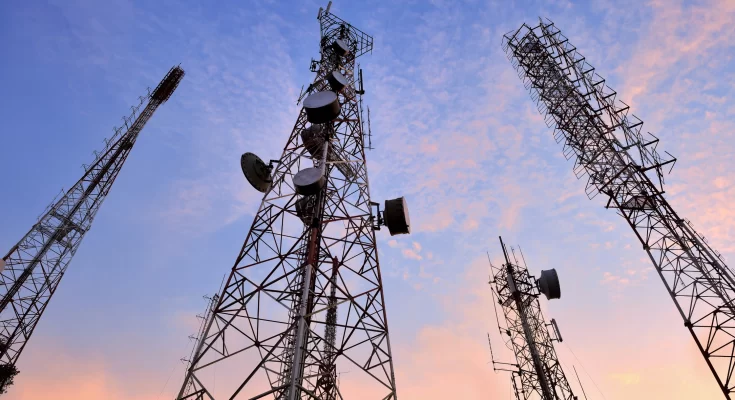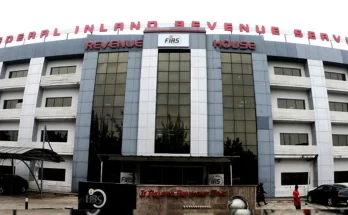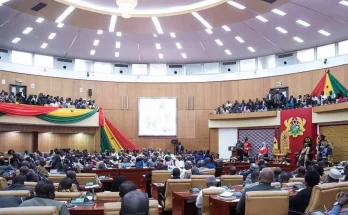Table of Contents
Taxation in Nigerian telecom sector has returned to the spotlight as the 2024 Finance Bill, recently passed by the Senate, proposes a reinstatement of the 5% excise duty on telecommunications services, including voice calls and data usage.
This development has raised concerns among telecom operators, policy analysts, and tax experts, given the potential ripple effects on digital inclusion, consumer affordability, and private-sector investments.
Background: A Suspended Tax Makes a Comeback
The 5% excise duty was initially introduced in 2020 under former President Muhammadu Buhari’s administration as part of efforts to expand Nigeria’s non-oil tax base.
However, its implementation was suspended in 2023 by President Bola Ahmed Tinubu, who cited rising inflationary pressures and a need to support household purchasing power.
The proposed return of this tax is seen by some fiscal analysts as part of a broader strategy to boost revenue amid growing budgetary demands.
Industry Reaction: “The Burden Falls on Consumers”
Reacting to the news, Gbenga Adebayo, Chairman of the Association of Licensed Telecoms Operators of Nigeria (ALTON), voiced strong reservations about the lack of stakeholder engagement and policy clarity.
In his words:
“There has been no clear explanation on how this 5% telecom tax will be implemented. But one thing is certain: the end-user will bear the cost.”
Adebayo emphasised that telecommunications should be treated as essential infrastructure, comparable to utilities like water and electricity, not luxury goods.
He added that Nigeria’s telecom industry is already heavily taxed, with operators subject to more than 50 different levies and charges across federal, state, and local governments.
Egypt Tax Reform 2025: ETA Introduces Specialized Units to Support Business Sector
NCC Yet to Receive Formal Communication
While the bill has passed the Senate, the Nigerian Communications Commission (NCC)—which regulates the sector—reportedly has not received an official copy for review.
Industry stakeholders are urging for consultations before any policy rollout, citing the need for a balanced approach that aligns revenue generation with digital growth objectives.
Economic Impact: Pressure on Internet Access and Investments
Tax experts and telecom analysts caution that reintroducing the excise duty could deter investment in the sector, at a time when digital infrastructure is critical for national development.
Over 40% of Nigerians still lack internet access, a figure that could worsen if telecom costs rise.
The first quarter of 2025 showed signs of market recovery, with MTN Nigeria reporting profits of ₦133.7 billion (approx. $83.3 million) and Airtel Africa recording $661 million in pre-tax earnings for its fiscal year ending March 2025.
Analysts fear that additional taxes could stunt this recovery and make broadband rollout less attractive for investors.
Call for Tax Stability and Investment-Led Reform
In light of ongoing fiscal reforms, stakeholders argue for a comprehensive national tax policy that prioritizes investment incentives, sector-specific tax rationalization, and long-term digital inclusion.
“Short-term taxation may deliver revenue, but it risks widening the digital divide,” said one industry source.
There is growing consensus that policy stability—not tax unpredictability—is key to unlocking the full economic potential of Nigeria’s telecom sector.




